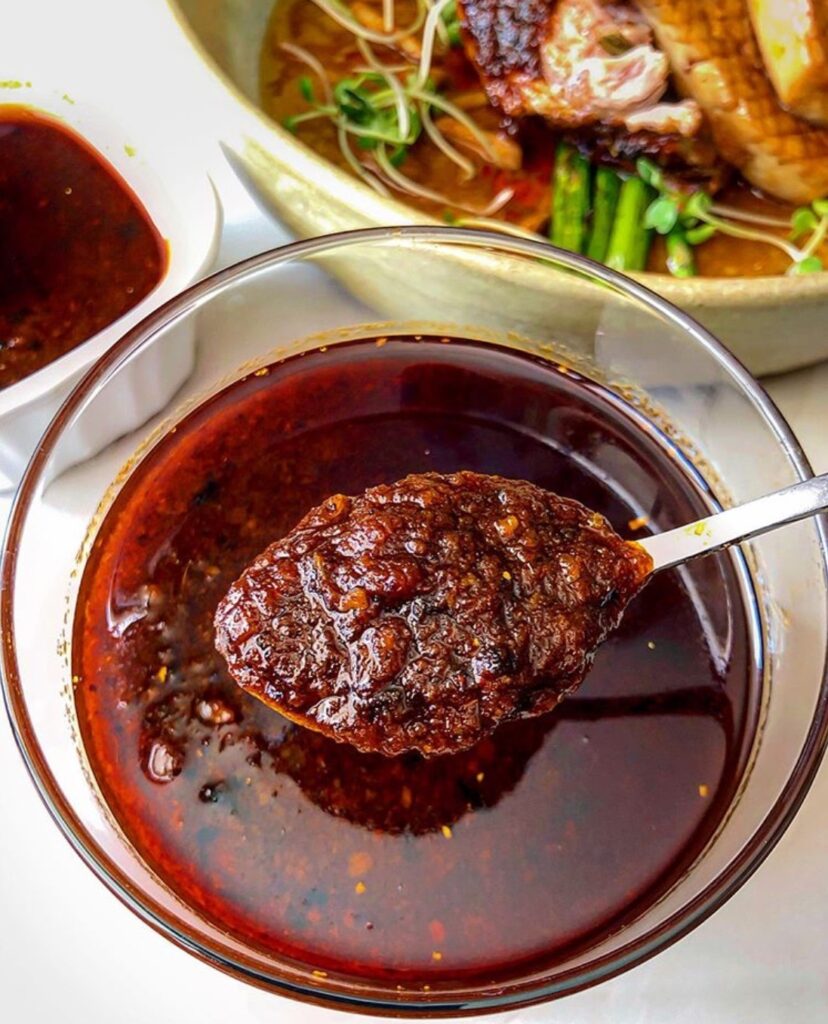The Ghana Statistical Services has released the Customer Price Index for April 2022. The national year-on-year inflation rate was 23.6% in April 2022, which is 4.2 percentage points higher than the 19.4% in March 2022.
According to a report by Bloomberg, the cost of the fish, a key ingredient in a relish known as shito, soared 36.4% in April compared with a year earlier — well above the 18-year high headline inflation rate of 23.6%.
That was the highest among the top 10 items the West African population values most, according to data from the Ghana Statistical Service.
Jars of the fishy-flavoured, oily and dark brown shito are a staple in every Ghanaian home and are common gifts for fellow nationals living abroad. The sauce, made with varying degrees of hotness, can take hours to cook — though a long shelf life makes it easy to store and serve as a side to dishes such as kenkey, a fermented corn dough, or waakye, a meal made from rice and beans.
“I haven’t reduced the amount of herring in my shito because I want my food to be tasty,” said Oforiwaa Akufo, 59, who owns a waakye joint on Oxford Street, one of Accra’s busiest. “I don’t want to lose my customers so I don’t make any profit now,” the mother of five said.
Smoked herring is the sixth heaviest-weighted item in Ghana’s inflation basket at 2.5%. That’s likely down to shito, Government Statistician Samuel Annim said in response to questions after the data was released Wednesday.
“Some students take shito to school and travellers carry shito with them,” he said.
Alongside herring, shito also requires plenty of vegetable oil, the cost of which has also risen sharply. Cooked rice, the second-most important item to Ghanaian households after bus fares, rose 25.6% in April compared with a year earlier.

